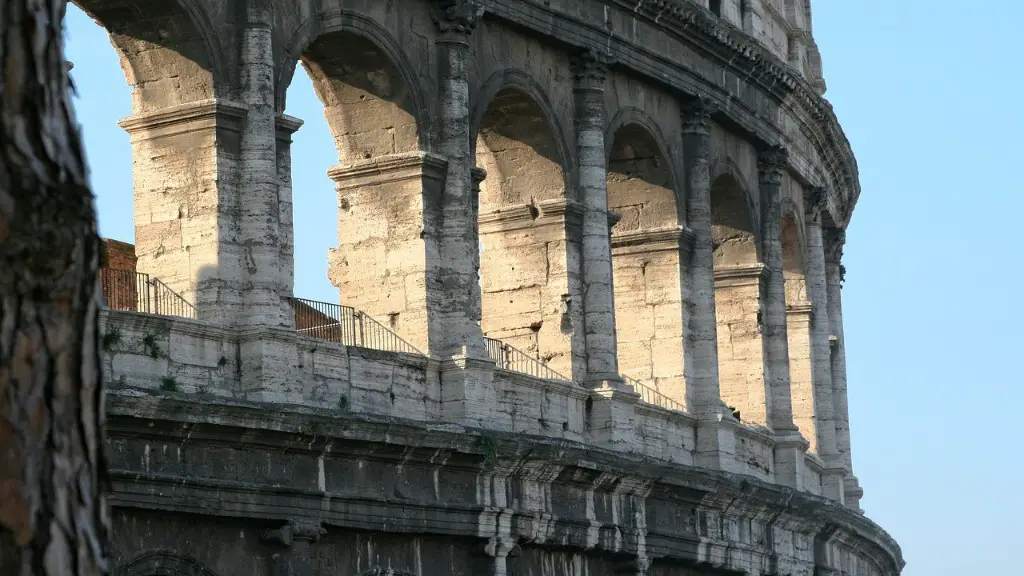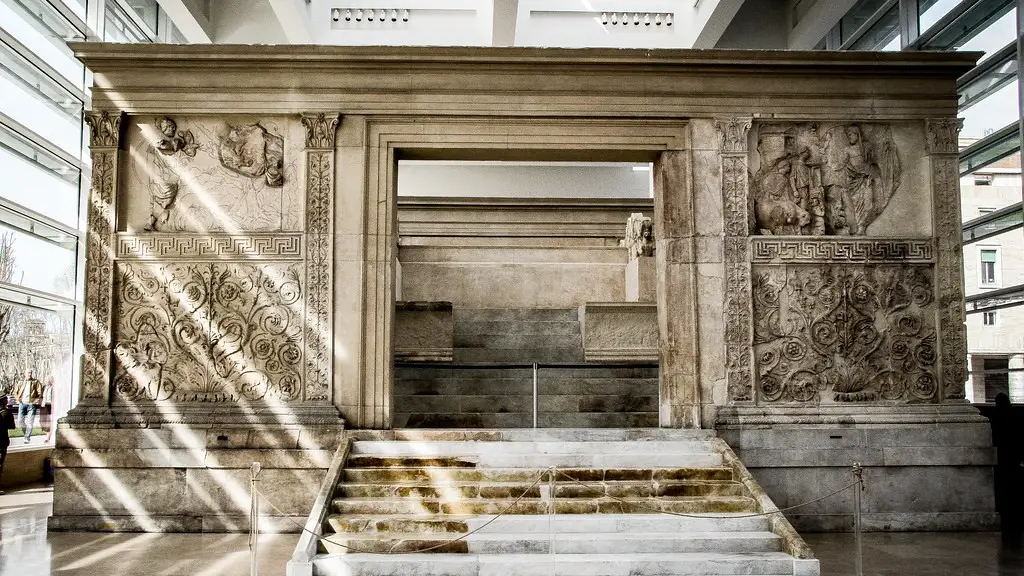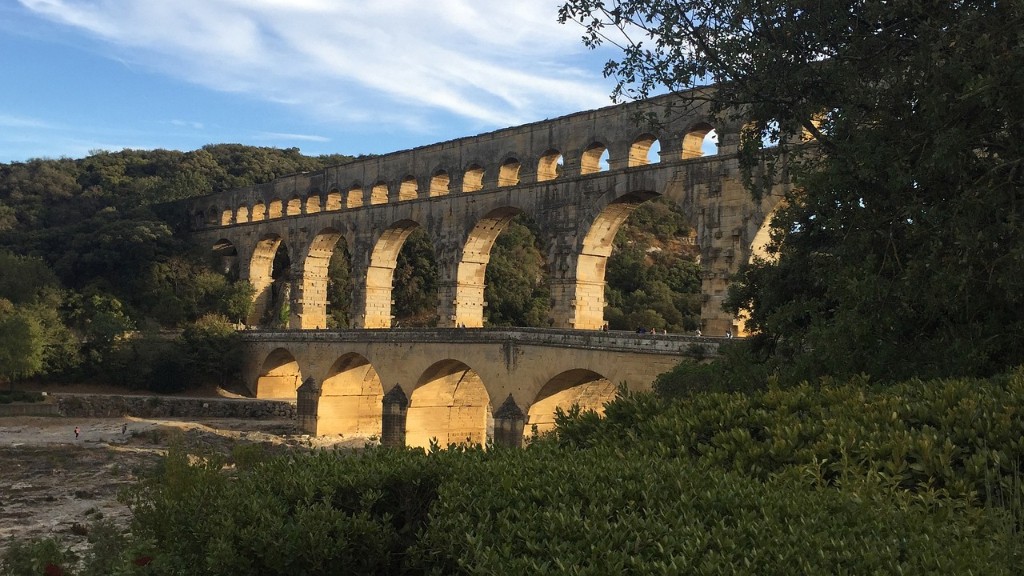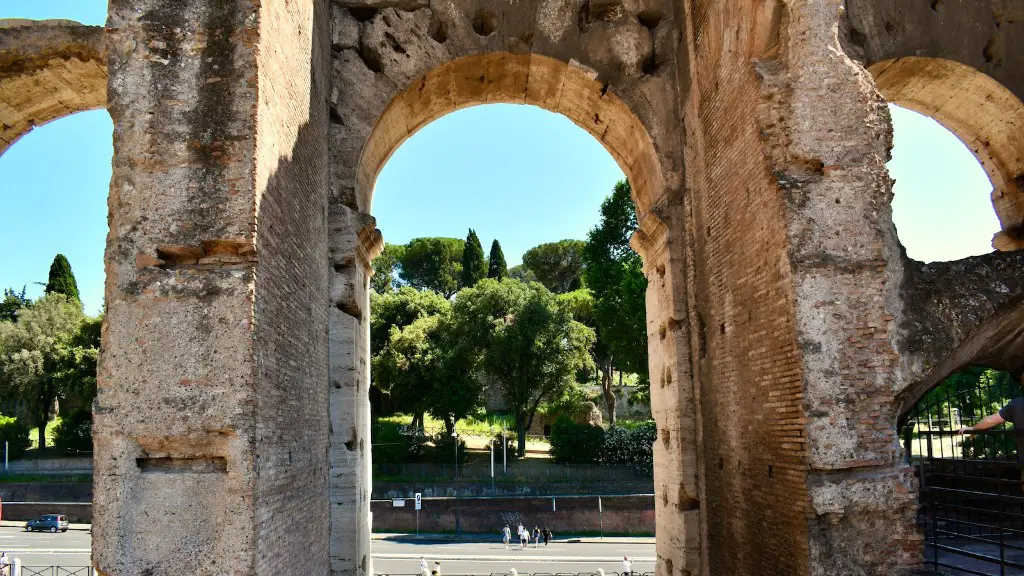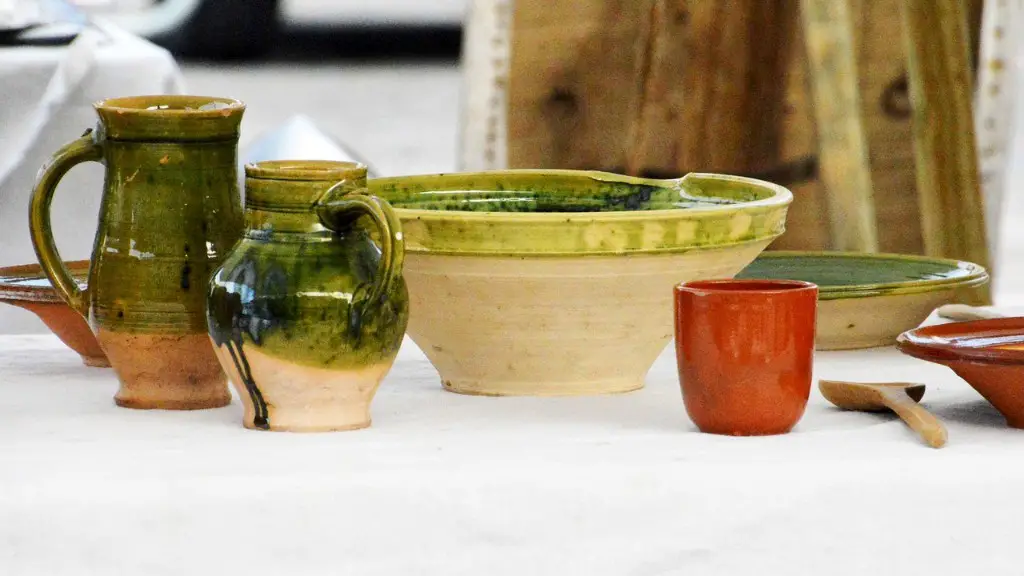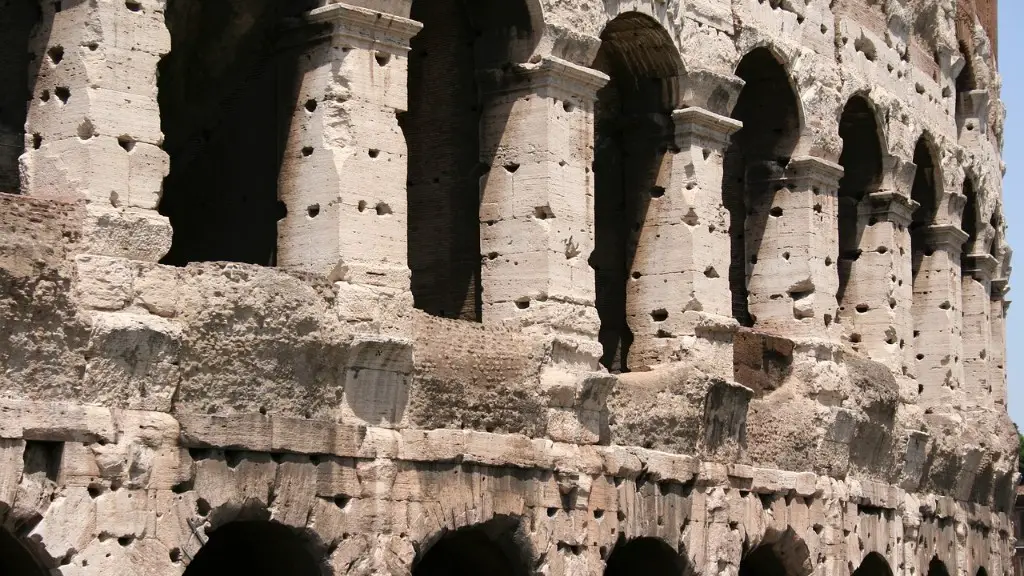Ancient Romans were known for their military prowess and for conquered many peoples and lands. To the people they conquered, the Romans often gave gifts. These gifts served as a way to cement the Roman power over the conquered people and to buy their loyalty. Sometimes the gifts were things that the conquered people wanted or needed, such as food or other supplies. Other times, the gifts were more lavish, such as gold or silver. No matter what form the gifts took, they served as a reminder of the Roman power and helped to keep the conquered people in line.
The ancient Romans gave the people they conquered a number of different things. These included land, money, and resources. The Romans also gave the people they conquered a form of government and a set of laws.
What did the Romans give to humanity?
The aqueducts built by the Ancient Romans were one of the most impressive feats of engineering of their time. Not only did they bring clean water into cities and towns, but they also kept waste away from clean water sources. The Romans also developed sewers to take waste out of the cities. The water from the aqueducts was used to flush the sewers and the drains.
It’s amazing to think about how much the Roman Empire has influenced our world today, even though it’s been thousands of years since it was at its height. From bridges and stadiums to books and the words we hear every day, the ancient Romans have left their mark on our world. It’s fascinating to see how their legacy continues to shape our lives in so many ways.
What did the Romans bring to the English people
The Romans were a huge part of British history and culture, giving the country many things that are still used and enjoyed today. They introduced new towns, plants, animals, and a new religion that heavily influenced the people of Britain. They also built an extensive road system that connected all parts of the country, making travel and trade much easier.
Most conquered enemies were offered some level of Roman citizenship, sometimes with full voting rights. Because a person had to be physically present in Rome to vote, the extension of voting rights beyond the population of the city itself did not drastically alter the political situation in Rome. However, it did allow for a greater level of inclusion and participation in the Roman political system for those who were previously excluded. This was a significant change that helped to solidify Rome’s position as a leading political power in the ancient world.
What 5 things did Rome give us?
The Roman civilization was one of the most influential in history. Here are thirteen things the Romans did for us:
1. Fast food. The Romans were the first to introduce street stalls and ‘food on the move’ as we might think of it today.
2. Advertising and trademarks. The use of advertising and trademarks began in Rome.
3. Plumbing and sanitation. The Romans were the first to develop plumbing and sanitation systems.
4. Towns. The concept of the town as a planned community began with the Romans.
5. Architecture. Roman architecture was some of the most impressive and influential in history.
6. Roads. The Roman road system was one of the most extensive and well-engineered in history.
7. Our calendar. The modern calendar is based on the Roman calendar.
8. Law. The Roman legal system was the foundation for modern law.
9. Language. The Latin language was the foundation for many modern languages.
10. Literature. Roman literature was some of the most influential in history.
11. Art. Roman art was some of the most impressive and influential in history.
12. Religion. The Roman religion was one of
Rome is a city with a long and rich history. Its roads are a testament to that history, with some of them dating back thousands of years. The old proverb “all roads lead to Rome” stems from the fact that originally they sort of did, or rather they came from Rome. The city was the center of the world for many centuries, and its roads were built to reflect that. Today, Rome is still a major center of culture and politics, and its roads are still a reflection of that.
What did the Romans give US for kids?
This is a great poem about the healthy benefits of eating fruits and vegetables. The poem makes it clear that eating your five-a-day is not only easy, but also a great invention of Rome.
Full citizens in the Roman Empire enjoyed a wide range of privileges that other citizens did not have. They could vote in assemblies and elections, own property, get married legally, have their children inherit property, stand for election and access public office, participate in priesthoods, and enlist in the legion. These privileges allowed full citizens to have a significant impact on the Roman Empire and its government.
What did the Romans trade for
The Romans traded with Britain for silver, which they used to make jewellery and coins. They imported dyes to colour their clothes from the south-eastern part of their Empire and also spices to flavour their food.
From military structures such as forts and walls (including Hadrian’s Wall) to engineering innovations like baths and aqueducts, the most obvious impact of the Romans that can still be seen today is their buildings. Most buildings in Iron Age Britain were made of timber and were often round in form, but the Romans introduced the use of stone and brick, and their buildings were usually rectangular. The Romans also introduced the arch, which allowed for much more ambitious engineering projects such as the construction of baths and aqueducts.
What benefits did the Romans bring to the Britons?
The Romans were a major force in shaping the British Isles, both through their Conquest and their subsequent occupation. They brought urban life, roads, permanent military garrisons, centralised government, taxation, their language – Latin – and later Christianity to all the lands they conquered. The Romans have left us a rich variety of written and archaeological sources about their lives in Britain. These sources provide a valuable insight into Roman society, culture and everyday life.
The contributions of Rome to Spain are significant. They include language, government, culture, religion, architecture and infrastructure. The natural resources of Spain were obviously useful in further expanding the Roman Empire.
How did the Romans treat the people they conquered
This is a great way to build an empire. By making conquered nations allies, you encourage them to help build the empire and share in its glory and wealth. This creates a sense of loyalty and investment in the empire, which is much more sustainable than conquest and punishment.
Macellum is a private market held in the public forums of Roman towns. It is either in the open air or in dedicated market halls. Citizens buy their food here if they did not grow their own supplies.
When did Rome give everyone citizenship?
Caracalla’s decision to grant citizenship to all free inhabitants of the Roman Empire was a watershed moment in Roman history. By bestowing this entitlement on all free residents of the Empire, regardless of place of birth, Caracalla aimed to create a more cohesive and united Roman citizenry. This move ultimately helped to foster a sense of Roman identity and unity that would endure for centuries to come.
Rome is one of the most popular tourist destinations in the world because of its rich history and culture. The city is home to some of the most famous landmarks in the world, such as the Colosseum, the Vatican City, and the Sistine Chapel. Rome is also known for its delicious food, including gelato and pasta. Whether you’re interested in learning about the world’s history or just want to enjoy some good food and beautiful architecture, Rome is the perfect city for you.
What are 10 important facts about ancient Rome
1. The Romans would have baths together
2. The Romans invented loads of things!
3. The Roman’s most popular form of entertainment were Gladiator fights
4. The rich Romans had servants
5. We still use some Roman roads
6. They worshipped a lot of different Gods and Goddesses
7. Ancient Rome is underground
In addition to the aqueducts, the Romans also built a system of roads that spanned the entire empire. These roads were not only used for transportation, but also served as a way to connect different parts of the empire. The roads were so well-built that many of them are still in use today.
Another Roman invention was concrete. This allowed the Romans to build structures that were both strong and durable. Many of the buildings and bridges that were built using concrete are still standing today.
Medical tools for the battlefield were another Roman invention. The Roman army was one of the most efficient and effective military forces in history, and part of their success was due to their medical care. Roman doctors were able to treat injuries and diseases that were common on the battlefield.
Finally, the Julian Calendar was invented by the Romans. This calendar was used for over 1500 years and was the most accurate calendar of its time.
Conclusion
They gave them the gift of Roman civilization.
The ancient Romans gave the people they conquered a number of things, including their language, culture, and religion.
